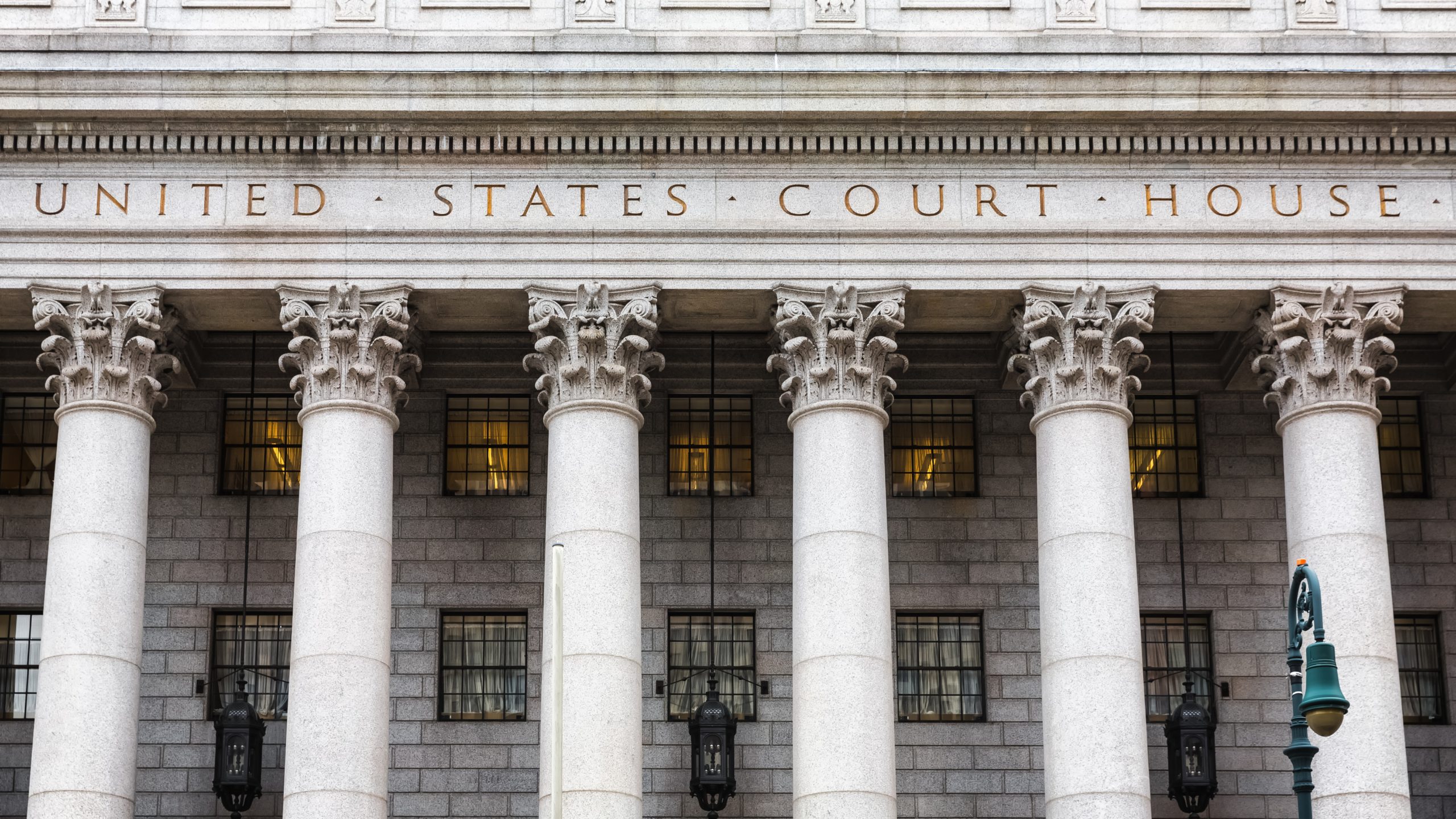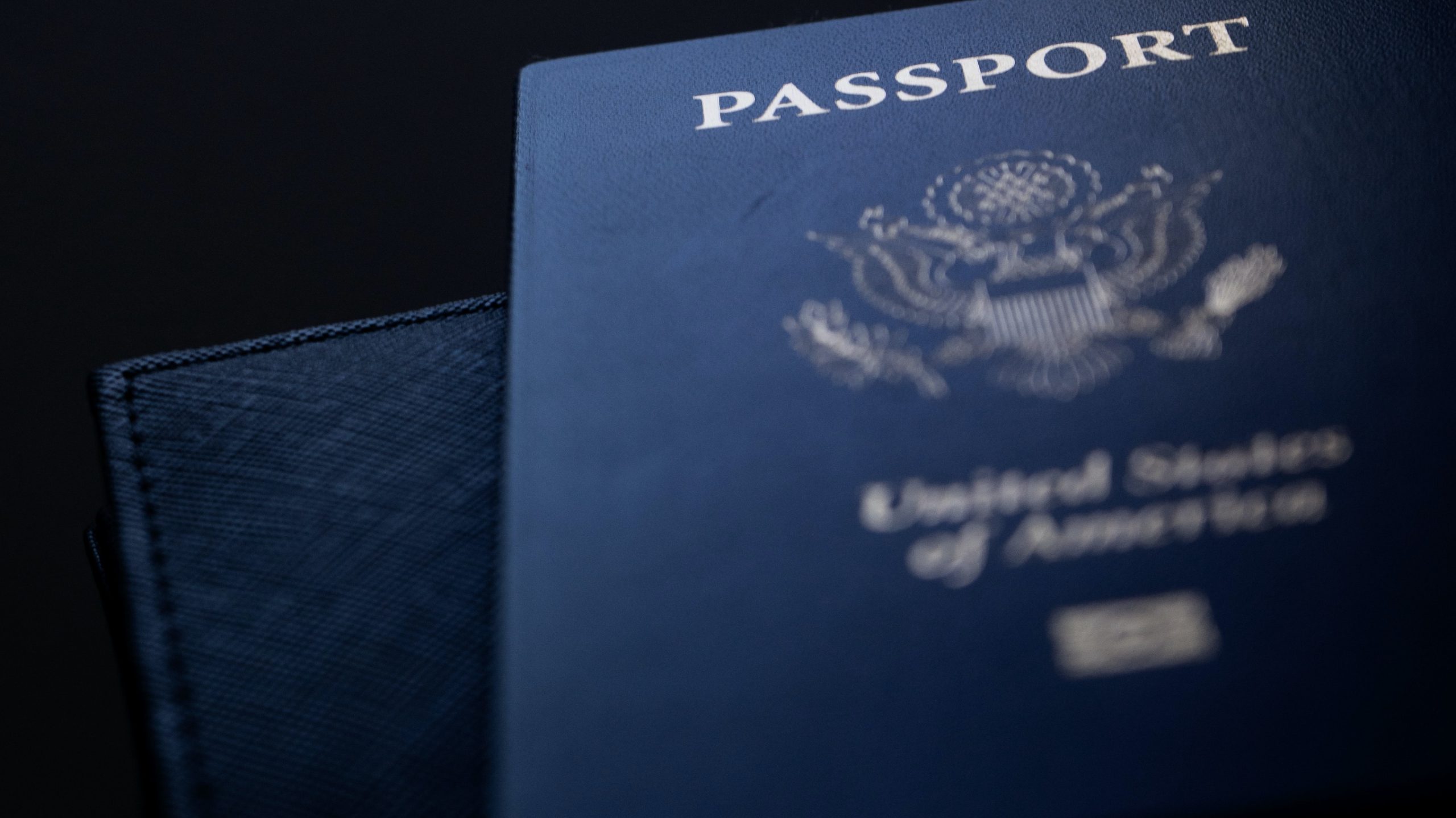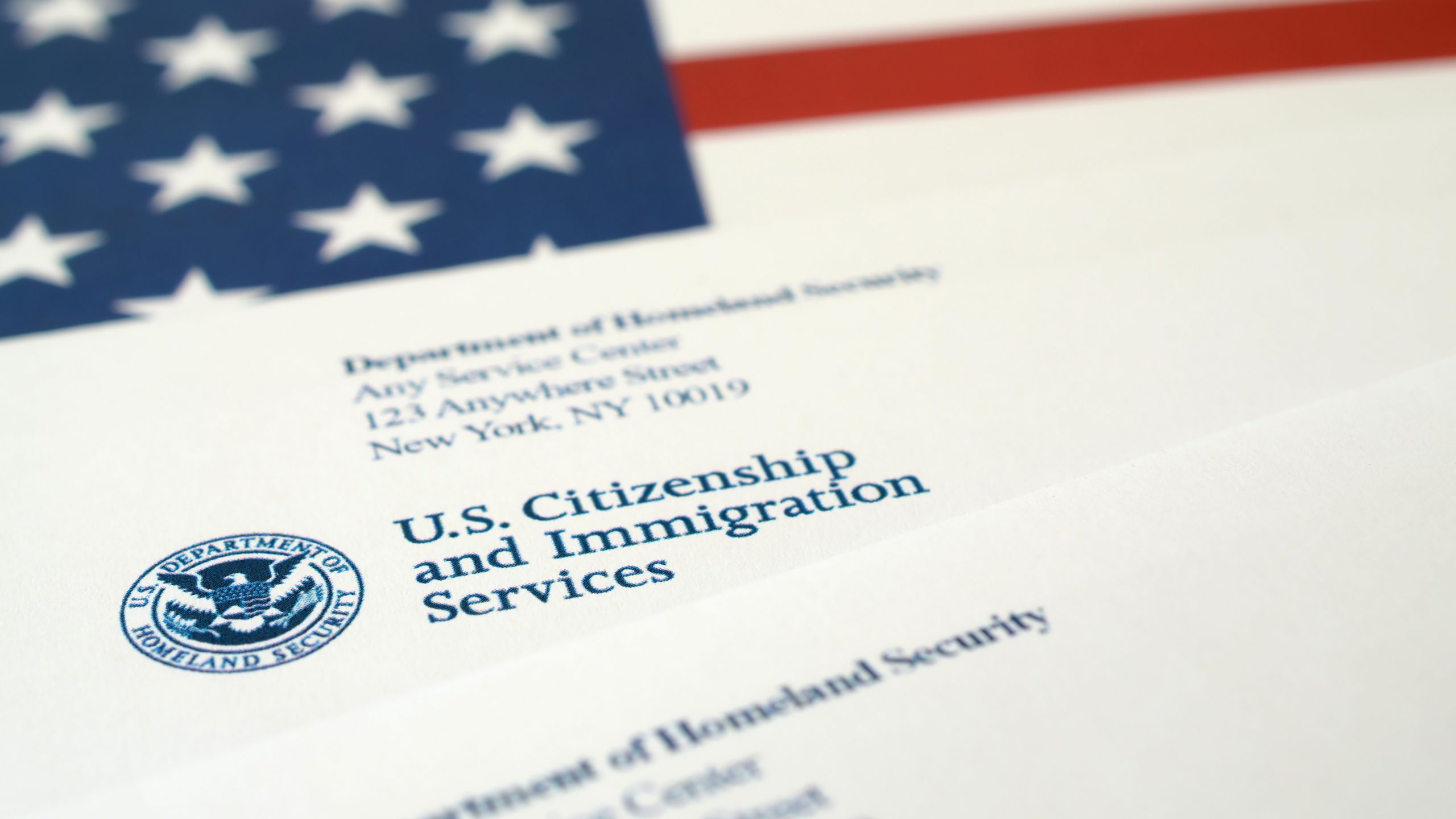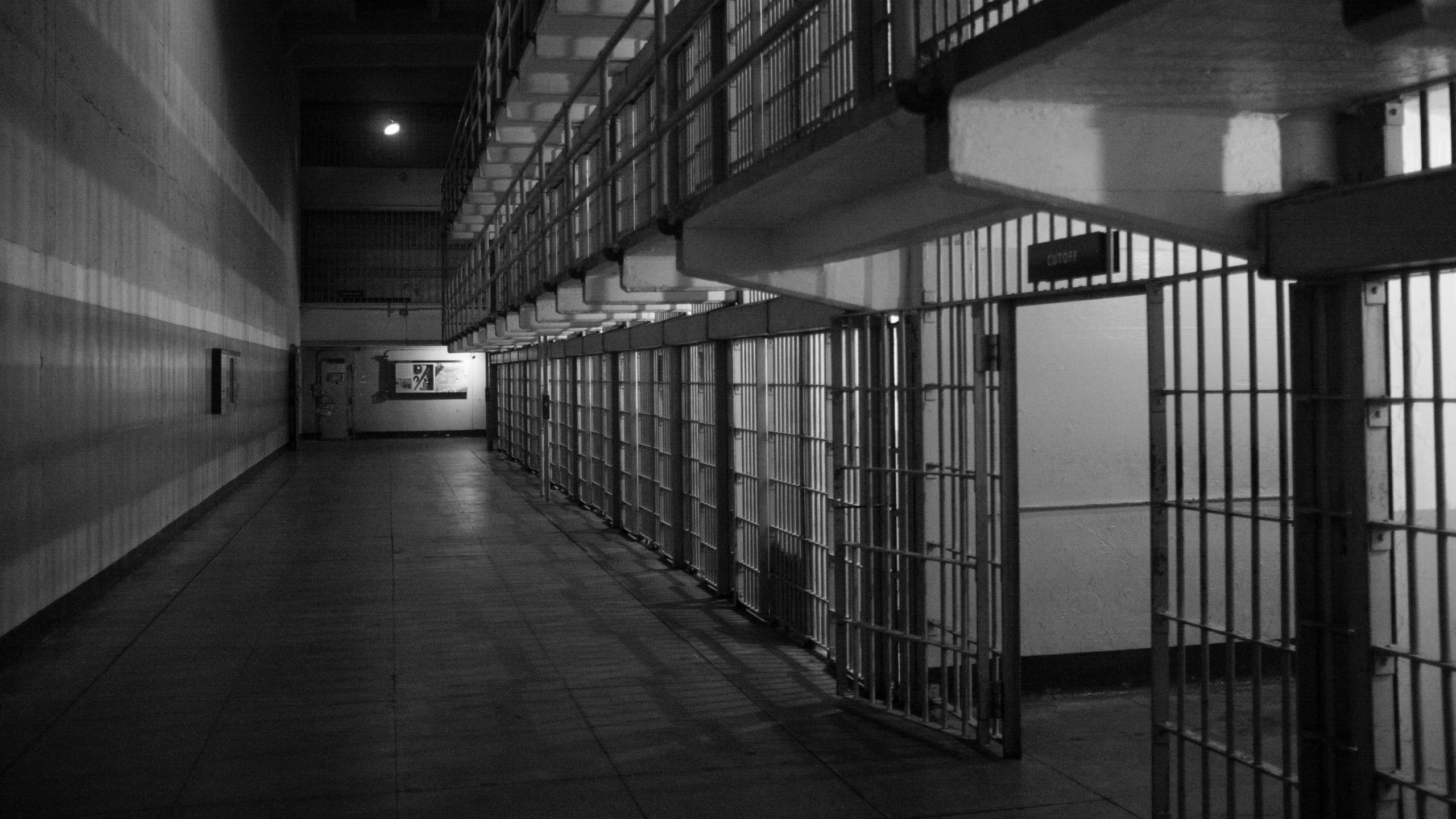PETITIONS FOR REVIEW
Do you disagree with a decision, or do you have an application or petition pending or delayed?
Do you disagree with a decision issued by U.S. Citizenship and Immigration Services or the Board of Immigration Appeals? Do you have an application or petition that has been pending with U.S. Citizenship and Immigration Services for a long time? Has a decision on your application for naturalization been unreasonably delayed? Have you been detained by Immigration and Customs Enforcement for an extended period of time?
You may be able to seek intervention from the federal courts. Unfortunately, the need for federal litigation is increasingly becoming more and more common. Immigration-related litigation before the federal courts is vastly different from immigration proceedings before the immigration courts, Board of Immigration Appeals (i.e. BIA), and USCIS. Federal courts can only hear certain immigration-related matters. This means that you cannot simply file an action in federal court, because you disagree with a decision or feel you have waited too long for a decision. Litigation before the federal courts is often complex and time-consuming. However, federal court litigation is a great option for you if you followed the procedures and are out of administrative options.
Our team can help you with the following types of federal litigation: petitions for review, challenges to delays in processing naturalization applications, challenging USCIS’s denial of an application for naturalization, complaints for writ of mandamus, actions under the Administrative Appeals Act, and habeas corpus petitions.
Do you disagree with a decision, or do you have an application or petition pending or delayed?
Has it been 120 days since you were interviewed by the USCIS local field office in connection with your Form N-400, Application for Naturalization?
Do you believe your application for naturalization was erroneously denied?
Has your application or petition been pending for a long period of time?
Has USCIS issued a decision regarding your petition or application that is contrary to law or fails to consider all the relevant facts?
Are you being unlawfully detained by the Immigration and Customs Enforcement?

Has the Board of Immigration Appeals denied your appeal or motion? You can challenge a removal order or denial of a motion with the United States Court of Appeals. Federal court challenges have been increasing each year because the Board of Immigration Appeals (i.e. BIA) continues to make significant factual and legal errors in its decisions dismissing appeals and denying motions. Once the Board of Immigration Appeals makes an adverse decision regarding your appeal or motion, you have the option to challenge the adverse decision with the appropriate U.S. Court of Appeals. Not every decision by the Board of Immigration Appeals can be challenged. You cannot challenge the Board of Immigration Appeals’ denial of discretionary relief such as adjustment of status to lawful permanent residence, cancellation of removal, or a waiver of inadmissibility. However, you do have the ability to challenge a finding that you were ineligible for such relief as a matter of law. Your time to challenge the BIA’s decision is limited. You must file a petition for review with the U.S. Court of Appeals within 30 days. Failure to timely file your petition for review means you lose your opportunity to challenge the BIA’s decision no matter how erroneous it was. You file the petition for review with the U.S. Court of Appeals has jurisdiction over the place where the Immigration Court that heard your case is located.

Has it been 120 days since you were interviewed by the USCIS local field office in connection with your Form N-400, Application for Naturalization? You may be facing challenges to delays in processing naturalization applications, but we here at Cohen, Tucker & Ades P.C. can help. When USCIS fails to make a decision on your application for naturalization within 120 days of your naturalization interview, you may request your local U.S. District Court to intervene. The U.S. District Court has the authority to either consider your application for naturalization or send the matter back to USCIS with an order to issue a decision without further delay. Typically, the U.S. District Court directs USCIS to make a decision within so many days. Requesting the U.S. District Court’s intervention can be an effective tool as it pushes USCIS to make a decision on your long-delayed application for naturalization.

Do you believe your application for naturalization was erroneously denied? You can request a U.S. District Court review the denial of an application for naturalization. The U.S. District Court will review your application for naturalization anew. The U.S. District Court will make its own findings as to your eligibility for naturalization. The idea of pursuing litigation in a federal court can be intimidating, but you should not be afraid to pursue litigation if you believe USCIS’s decision was erroneous. However, oftentimes, a settlement can be reached that allows you to naturalize.

Has your application or petition been pending for a long period of time? USCIS is required to make a final decision on your petition or application within a reasonable time. Where USCIS has failed to make a decision on your petition or application, a complaint for writ of mandamus can be an effective tool. There is no timeframe in which USCIS is required to adjudicate a petition or application. However, if your petition or application is outside normal processing times, you may be able to ask the U.S. District Court to compel USCIS to take action on your petition or application. Filing a complaint for a writ of mandamus is appropriate where your petition or application is outside normal processing times and you have made several attempts to resolve the unreasonable delay with USCIS. Such attempts can include submitting an e-Request, placing inquiries through USCIS’s Contact Center, submitting inquiries through a congressional representative, and attending infopass appointments at the local field office. Filing a complaint for writ of mandamus does not guarantee USCIS will approve your petition or application, but rather pushes USCIS to take action on your pending petition or application. The U.S. District Court cannot approve or deny your petition or application.

Has USCIS issued a decision regarding your petition or application that is contrary to law or fails to consider all the relevant facts? You may be able to file an action with the U.S. District Court under the Actions Under the Administrative Appeals Act or APA. The APA allows you to challenge actions by USCIS that are arbitrary, capricious, or contrary to law. The Administrative Procedure Act allows the U.S. District Court to conclude USCIS’s actions were unlawful and set them aside. However, before you file an action with the U.S. District Court, you must exhaust all administrative remedies.

Are you being unlawfully detained by Immigration and Customs Enforcement? You may be able to file a petition for a writ of habeas corpus with a U.S. District Court. A petition for a writ of habeas corpus allows you to challenge the legality or length of your detention. You can challenge post-removal order detention, pre-removal order detention, and detention because you have been found to be inadmissible to the United States through a petition for a writ of habeas corpus. A petition for a writ of habeas corpus can also be used to challenge an order of removal.
Not sure which option is right for you? Request a confidential consultation today.